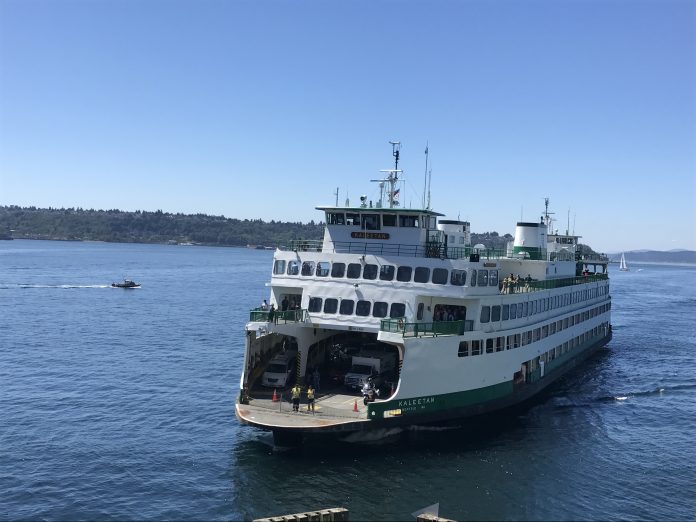People first: There’s a risk that autonomous vehicles may force people to accommodate them instead of the other way around.
Prepping for BRT: Sound Transit is getting ahead of potential future development by acquiring strategic properties in Renton.
Red Vienna: In Vienna, the approach to housing is vastly different from that in Washington.
Reframing walking: “Jaywalking” may be come a thing of the past in Seattle, as some local legislators are proposing.
Valuing character: A new study suggests that Millennials prefer living and working in communities with authentic historic districts.
2040: Following in the footsteps of France, the United Kingdom will ban the sale of vehicles powered by gasoline and diesel by 2040.
Noisy, bright locales: If you have trouble sleeping, perhaps it’s your neighborhood.
Bikers prevail: Public comment helped stop a broad proposal to charge more for bike trailers on state ferries.
A better transpo bill: The transportation committee in the United States Senate has pushed out a bill that would boost transportation spending, including on transit, walking, and biking.
Crony plan: There’s ample reason for skepticism of the Trump administration’s “$1 trillion infrastructure plan.”
Speed kills: A new NTSB report shows that speed continues to be a primary contributor to road deaths and little is being done to stop it.
Monthly membership: Local bikeshare companies, Spin and LimeBike, will offer monthly membership programs for unlimited rides.
Pack on up: This week, the Tweeter-in-Chief told the Rust Belt to just move where there are jobs and give up on home.
Map of the Week: A new map shows major American rivers as subway and bus lines.
Stephen is a professional urban planner in Puget Sound with a passion for sustainable, livable, and diverse cities. He is especially interested in how policies, regulations, and programs can promote positive outcomes for communities. With stints in great cities like Bellingham and Cork, Stephen currently lives in Seattle. He primarily covers land use and transportation issues and has been with The Urbanist since 2014.



